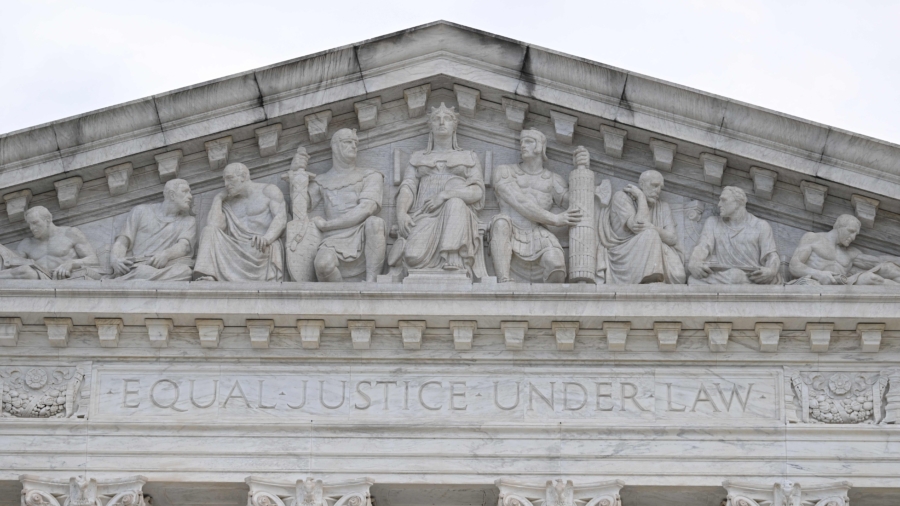According to a new ruling, U.S. Supreme Court justices and federal judges are now required to provide greater public disclosure of perks that could cause potential conflicts of interest. This includes free trips, meals, or gifts they receive from wealthy benefactors.
The new regulations were adopted at the urging of lawmakers and judicial transparency advocates. Democratic U.S. Senator Sheldon Whitehouse initiated the change, which was confirmed in a public letter (pdf) on March 28. Whitehouse has been negotiating for more comprehensive ethics reforms at the Supreme Court.
“The Administrative Office of the Courts sent me a letter confirming the Judicial Conference of the US has adopted new, stricter rules requiring way more disclosure of free trips, meals, and other “hospitality” accepted by federal judges & Supreme Court justices,” Whitehouse wrote on Twitter.
“For years, I’ve been pushing for reform in our judiciary’s ethics practices. These are basic changes aimed at protecting and restoring the public’s trust in our federal courts,” Whitehouse continued.
According to Whitehouse, the new rules will make it much harder for justices to travel, dine, hunt, or vacation for free at the private resort of a wealthy corporate executive—especially one with business before their court—and avoid disclosing that information to the public.
The ruling is underlined by additional legislation, which Whitehouse and other Democrats in Congress introduced. This would mean the Supreme Court would need to adopt a code of ethics, strengthen recusal standards for judges and reinforce requirements for financial disclosure.
Like certain other government officials, U.S. Supreme Court justices and federal judges are required to complete annual financial disclosure reports under the Ethics in Government Act of 1978.
In 2022, Congress passed legislation requiring judges to file reports disclosing stock trades periodically.
A member of the Senate Judiciary Committee, Whitehouse argued that the judiciary’s disclosure rules had long enjoyed a more lax approach to divulgence than other branches of government. This was particularly so in defining what constituted “personal hospitality” that judges did not have to disclose.
Effective March 14, the new regulations were ratified by a committee of the Judicial Conference, which is the judiciary’s policymaking body.
A March 23 letter to Whitehouse by U.S. District Judge and director of the Administrative Office of the U.S. Courts, Roslynn Mauskopf, elaborated this in detail.
However, the new regulations don’t stipulate that judges must disclose gifts, including food, lodging, or entertainment, by an individual for a non-business purpose.
Any stays at commercial properties, like hotels and resorts, as well as gifts of hospitality paid for by an entity or third-party other than the person providing it, must nonetheless be disclosed, as does travel on private jets.
Whitehouse and court transparency advocates cited several hunting trips made by the late Supreme Court Justice Antonin Scalia in 2004, as reported by the Washington Post.
According to his statements, Scalia went on more than 200 subsidized trips but only reported a few free hunting excursions. This included a 2008 trip to a Texas ranch following a talk at Texas Tech University.
Scalia died in 2016 after suffering a heart attack at a Texas hunting resort to which he traveled on a private jet.
Gabe Roth, executive director of court transparency nonprofit organization ‘Fix the Court,’ says the new rules show a willingness by judiciary officials to restrict the very apparent loopholes.
The Supreme Court has also come under pressure to adopt a code of conduct, which applies to other government officials, but not Supreme Justices.
The new disclosure rules pertaining to personal hospitality will affect more than 3,000 judges nationwide. It applies to Supreme Court Justices and senior and magistrate judges.
Reuters contributed to this article.

